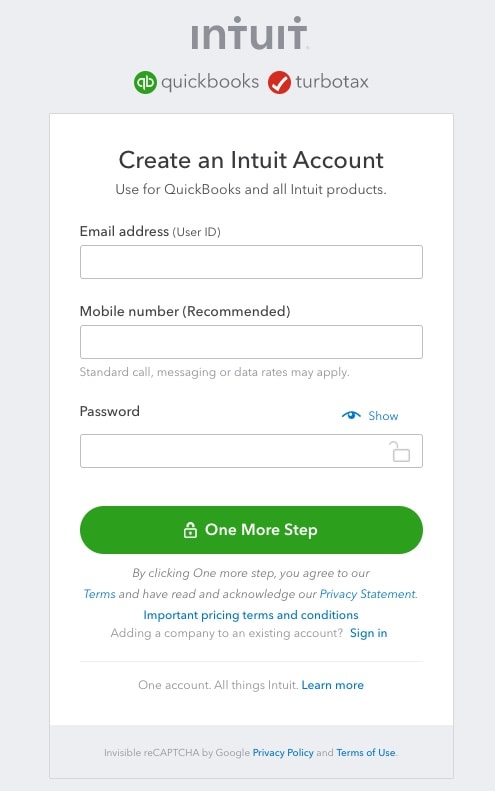Turn on suggestions
Auto-suggest helps you quickly narrow down your search results by suggesting possible matches as you type.
Showing results for
Hello, I’m new to business and I have a question regarding the sale of second hand goods.
This is a theoretical situation. If I traded a sofa for a TV for personal use before I had the intention of selling it for business, how should I record the value of the product? If I’m no longer able to produce a receipt for the sofa and I’m not sure how much it’s currently worth, how should it be recorded on my accounts when I’ve sold the TV for £100? I need to know what my profit margins are, but I wouldn’t have an accurate way of getting a price of the sofa.
Thank you!
Thank you for posting here in the Community, @sumire. I'll be glad to help you record second-hand goods in QuickBooks Online.
If you want, you can create an item as stock. The purchase price can be entered under the heading "Purchasing information" while entering the item's details.
For the second-hand stock which is not purchased, enter the purchase amount as 0.00, which will post 0.00 to the Cost of sales when recording a sale transaction.
Also, I recommend consulting your accountant for further guidance regarding the value of your goods in QuickBooks. They'll be best equipped to help you ensure that your bookkeeping is all done correctly to reflect the appropriate prices at the right time.
All you need to know about tracking your inventories in QBO can be found in this article:
You can also run some reports to see your sales and stocks status in QBO: Use reports to see your sales and stock status
Please click the Reply button below if you have any other issues or concerns, and I'll get back to you right away. I'm always here to help. Have a great day!
Hi @sumire
I know you said this is a hypothetical question but, if the sofa was purchased for personal use then the swap is also for personal use.
The sofa was purchased with personal money (already taxed earnings) so whatever you sell the TV for is personal & does not need to be declared (& effectively taxed again).
Only items that were bought & paid for from business funds (not yet taxed) belong to the business (even if you are the business). This is why it's always important for a self-employed person to keep a separation between personal & business funds.
Hope this helps.
Thanks for the reply. Sorry, I should have been a bit more specific!
This is in the context of a limited company running a reselling business of both new and used goods. I assume I would need to assign some sort of value to the goods that I sell, regardless of how fuzzy the original purchased value is?
Hi @sumire
If it's through a ltdco it becomes less fuzzy actually.
If you own(ed) the sofa/TV personally, the ltdco cannot sell it unless you sell it to the ltdco. In this case, you deal with the ltdco as if you were any other supplier - agree a price & the ltdco pays you. As long as that price is commercially realistic then there is no problem.
Hope this helps.

You have clicked a link to a site outside of the QuickBooks or ProFile Communities. By clicking "Continue", you will leave the community and be taken to that site instead.
